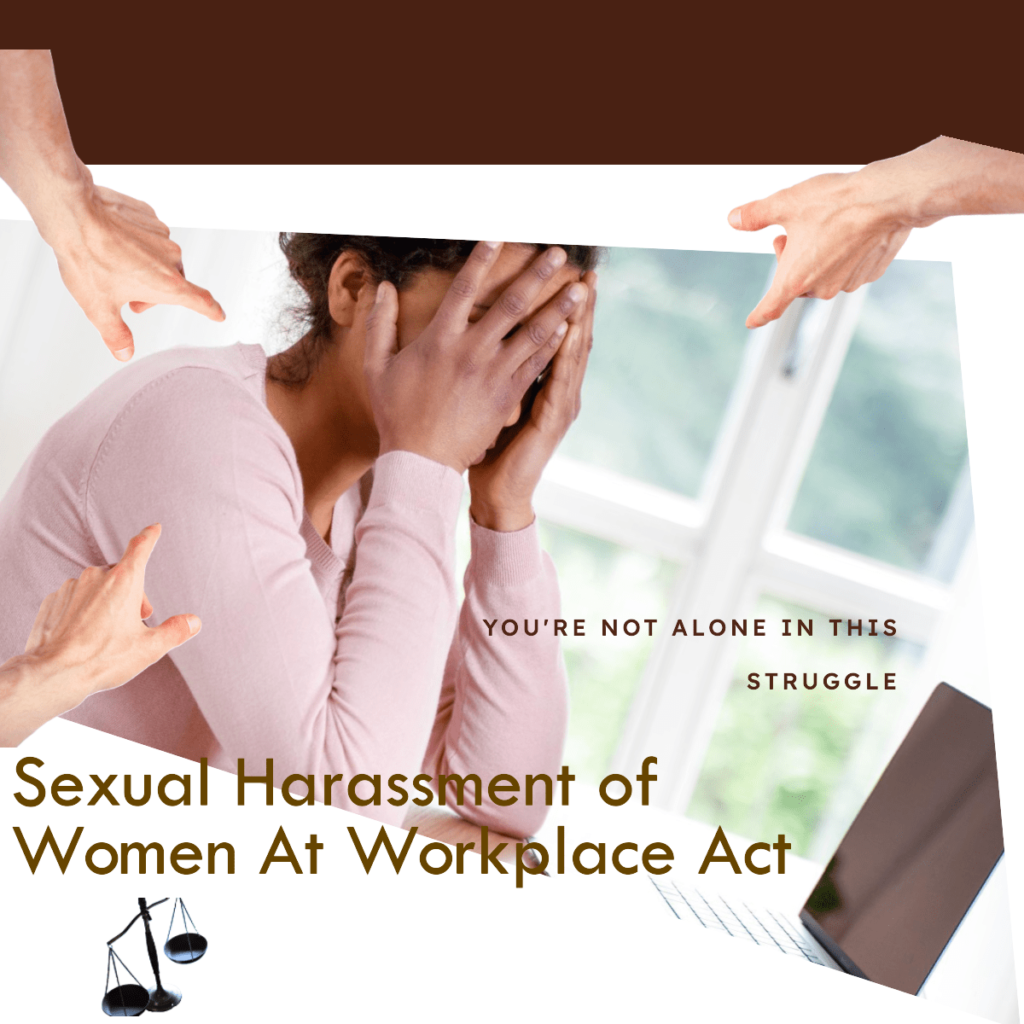
Sexual Harassment of Women: In a groundbreaking legal decision rendered on 20th January 1999, the Supreme Court of India took a significant step towards upholding the rights and dignity of female employees in the workplace. The case, Apparel Export Promotion Council vs. A.K. Chopra, dealt with allegations of sexual harassment, setting a precedent that remains influential in employment law and workplace conduct to this day.
Background Sexual Harassment of Women At Workplace Act:
The case involved a female employee, referred to as Miss X, who accused her superior, A.K. Chopra, of persistently making unwelcome sexual advances towards her. These allegations of misconduct occurred at the workplace and, more specifically, at the Taj Palace Hotel on August 12, 1988.
Key Questions:
The legal discourse in this case revolved around several pivotal questions. Firstly, it addressed whether an action by a superior that violates moral standards and lacks decency and modesty qualifies as sexual harassment. Secondly, it scrutinized whether physical contact with the female employee was a necessary element to substantiate a charge of sexual harassment. Lastly, it examined whether the allegation that the superior attempted to molest the female employee at the workplace constituted an act unbecoming of good conduct and behavior expected from a superior.
The Allegations:
Miss X, a Clerk-cum-Typist who was not competent or trained to take dictations, was pressured by A.K. Chopra to accompany him to the Taj Palace Hotel for dictation from the Chairman. Despite her protestations, she complied with his demands. During this process, Chopra’s conduct became increasingly inappropriate. He repeatedly attempted to sit too close to Miss X, made unwelcome advances, and touched her despite her objections. The situation escalated when they were alone in the hotel’s Business Centre, where he once again attempted to make physical contact with her. Miss X, fearing for her safety, activated the emergency button in the lift, which halted the alleged molestation.
Investigation and Suspension in Sexual Harassment of Women At Workplace Act Case:
Miss X reported the incident to the Director (Personnel) on 17th August, 1988, filing both an oral and a written complaint. Subsequently, A.K. Chopra was suspended on 18th August, 1988. An official inquiry followed, led by an Enquiry Officer who examined multiple witnesses. This inquiry revealed that Chopra’s actions against Miss X indeed contravened moral standards and lacked decency and modesty.
Penalty and Appeals:
The Disciplinary Authority upheld the inquiry findings and imposed the penalty of immediate removal from service on 28th June 1989. A dissatisfied A.K. Chopra initiated departmental appeals, eventually leading to legal action challenging his removal from service.
Legal Proceedings:
The case’s legal journey included multiple appeals, departmental hearings, and petitions. A crucial turning point occurred when the High Court directed A.K. Chopra’s reinstatement while questioning the severity of the alleged molestation. The matter was then taken to the Supreme Court.
Supreme Court Ruling:
The Supreme Court, in its verdict, emphasized that judicial review should focus on the decision-making process rather than re-evaluating factual findings. It underscored the principle that. Unless findings of fact lack any evidence or are patently perverse, the High Court should refrain from interfering with them. The Court upheld the initial findings of the Disciplinary Authority and reinstated the penalty of removal from service.
Impact and Significance in Sexual Harassment of Women At Workplace Act:
The Apparel Export Promotion Council vs. A.K. Chopra case stands as a beacon of justice, reinforcing the rights of female employees to a safe and harassment-free work environment. The legal principles surrounding workplace sexual harassment and the standards for disciplinary actions continue to guide jurisprudence and corporate policies to this day.
At PATIL LEGAL SOLUTIONS, we recognize the importance of legal precedents like this one and are committed to upholding the rights of all individuals in the workplace. If you have questions or concerns related to employment law or workplace misconduct. Do not hesitate to reach out to our experienced team of legal professionals. We are here to help you navigate complex legal issues and ensure the protection of your rights.



Leave a Reply